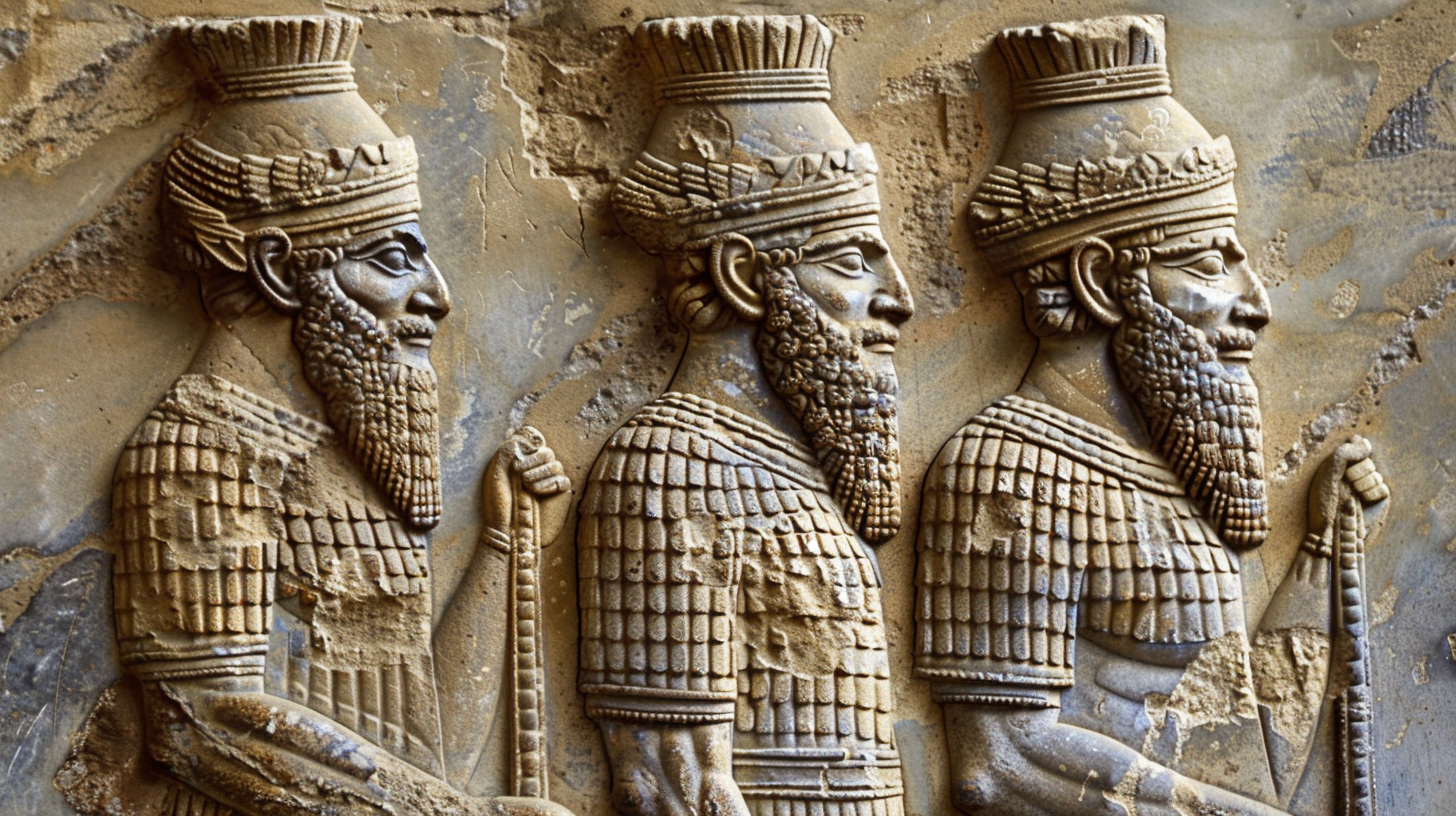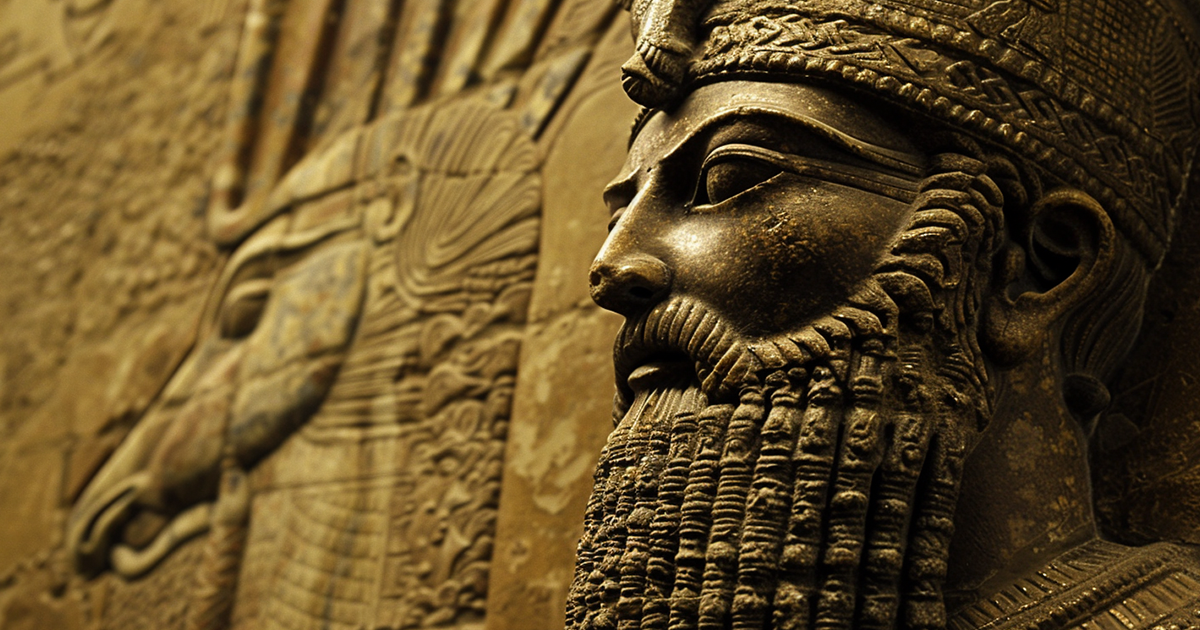The Sumerian King List, an ancient Mesopotamian document, has long fascinated historians and scholars with its record of rulers whose reigns allegedly lasted thousands of years. This extraordinary claim has sparked speculation and debate, with some proposing theories ranging from mythical longevity to extraterrestrial intervention. Delving into this enigmatic text opens a window into the ancient world and prompts us to reconsider our understanding of history, human longevity, and the possibility of otherworldly influences.
At the heart of the mystery is the Sumerian King List itself, a cuneiform tablet containing a list of kings who purportedly ruled over Sumerian city-states. According to the text, these rulers achieved astonishing lifespans, with some reigning for tens of thousands of years. For example, the earliest kings, such as Alulim and Alalngar, are said to have ruled for tens of thousands of years each, while others, like Enmebaragesi and Lugalbanda, are credited with reigns spanning thousands of years.
Proponents of the theory that the Sumerian King List records actual historical events argue that the extraordinary lifespans attributed to these rulers may be the result of a combination of factors, including the use of symbolic numbers, mythical embellishments, and a different concept of time in ancient Mesopotamia. They suggest that the Sumerians may have used exaggerated numbers to convey the idea of eternal kingship or divine legitimacy, rather than recording literal lifespans.

Furthermore, supporters of this theory point to parallels between the Sumerian King List and other ancient texts that contain similar accounts of long-lived rulers. For example, the Sumerian King List shares similarities with the genealogies found in other ancient Near Eastern cultures, such as the Babylonian Dynastic Chronicle and the Sumerian Eridu Genesis. These parallels suggest that the concept of long-lived rulers may have been a widespread motif in ancient mythology rather than a unique phenomenon specific to Sumerian culture.
However, skeptics offer alternative interpretations of the Sumerian King List, suggesting that the extraordinary lifespans recorded in the text may be the result of mythological symbolism or scribal error rather than historical fact. They argue that the ancient Sumerians, like other ancient civilizations, often used symbolic numbers to convey abstract concepts or religious beliefs, and the long reigns of the kings may be symbolic rather than literal.
Moreover, critics caution against imposing modern standards of historical accuracy onto ancient texts and emphasize the importance of understanding the cultural and religious context in which the Sumerian King List was written. Without clear corroborating evidence, such as archaeological findings or contemporary historical records, the claims made in the Sumerian King List remain speculative.
Another perspective on the Sumerian King List suggests that the extraordinary lifespans attributed to the rulers may be the result of cultural memory or oral tradition rather than historical fact. In ancient Mesopotamian culture, kingship was often associated with divine authority and legitimacy, and rulers were venerated as semi-divine figures. Therefore, the long reigns recorded in the Sumerian King List may be a reflection of the cultural reverence for kingship rather than a literal account of historical events.
In conclusion, the interpretation of the Sumerian King List and its record of long-lived rulers remains a subject of debate and speculation among scholars and historians. Whether these rulers were immortal beings, beneficiaries of extraterrestrial intervention, or simply the product of mythological symbolism, one thing remains certain – the Sumerian King List continues to intrigue and captivate our imagination, inviting us to explore the mysteries of the ancient world and the boundaries of human understanding.

19 thoughts on “Decoding the Sumerian King List: Mythical Longevity or Extraterrestrial Influence?”
Comments are closed.